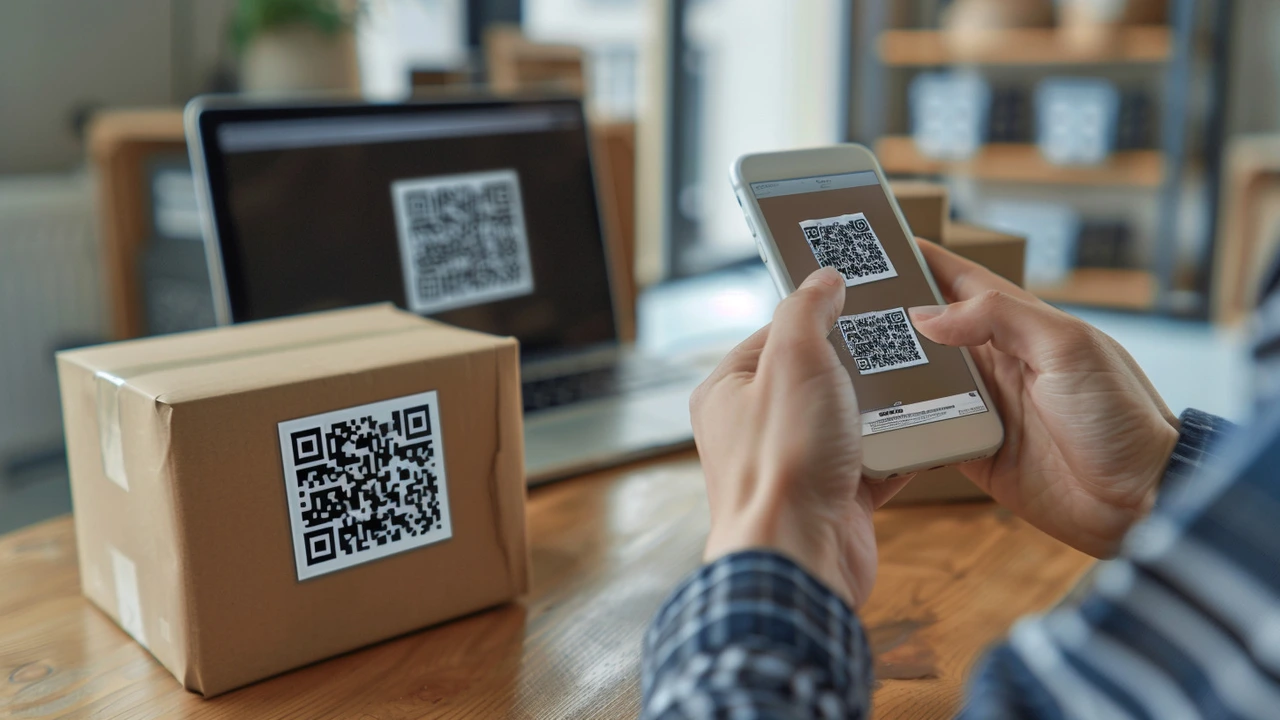Understanding 2D Barcodes and Their Everyday Uses
You've probably seen 2D barcodes everywhere lately—on products, tickets, and even restaurant menus. Unlike the simple black-and-white lines of traditional barcodes, 2D barcodes, like QR codes, pack much more info into a small square. This means you can quickly scan them with your phone or a scanner and get instant access to details, links, or payment options.
Why did 2D barcodes become so popular? For starters, they store exponentially more data compared to 1D barcodes. That makes them versatile in industries ranging from retail to logistics and even health care. It’s not just about selling products anymore; these codes help track shipments, validate tickets, and secure transactions on the spot.
How You Encounter 2D Barcodes Daily
Think about grabbing your coffee or shopping online—QR codes can speed up your payment without needing cash or cards. In stores, you might scan a 2D barcode to get detailed product info or special discounts. Even event organizers use them for easy check-ins, cutting down wait times and avoiding fake tickets.
Businesses appreciate how 2D barcodes simplify inventory management. Instead of manually logging every item, scanning the code instantly updates stock levels. This reduces errors and helps companies keep things running smoothly.
Getting Started with 2D Barcode Scanning
All you need is a smartphone or a barcode reader app. Just open the camera, point it at the code, and wait for the prompt. No complicated setup required. If you want to create your own 2D barcodes, plenty of free tools online can help you generate customized codes linked to websites, coupons, or contact details.
In short, 2D barcodes bring convenience and efficiency to many parts of our daily life. Whether you’re a shopper, business owner, or just tech-curious, getting comfortable with these codes can save you time and even money. Have you scanned a 2D barcode today yet?






